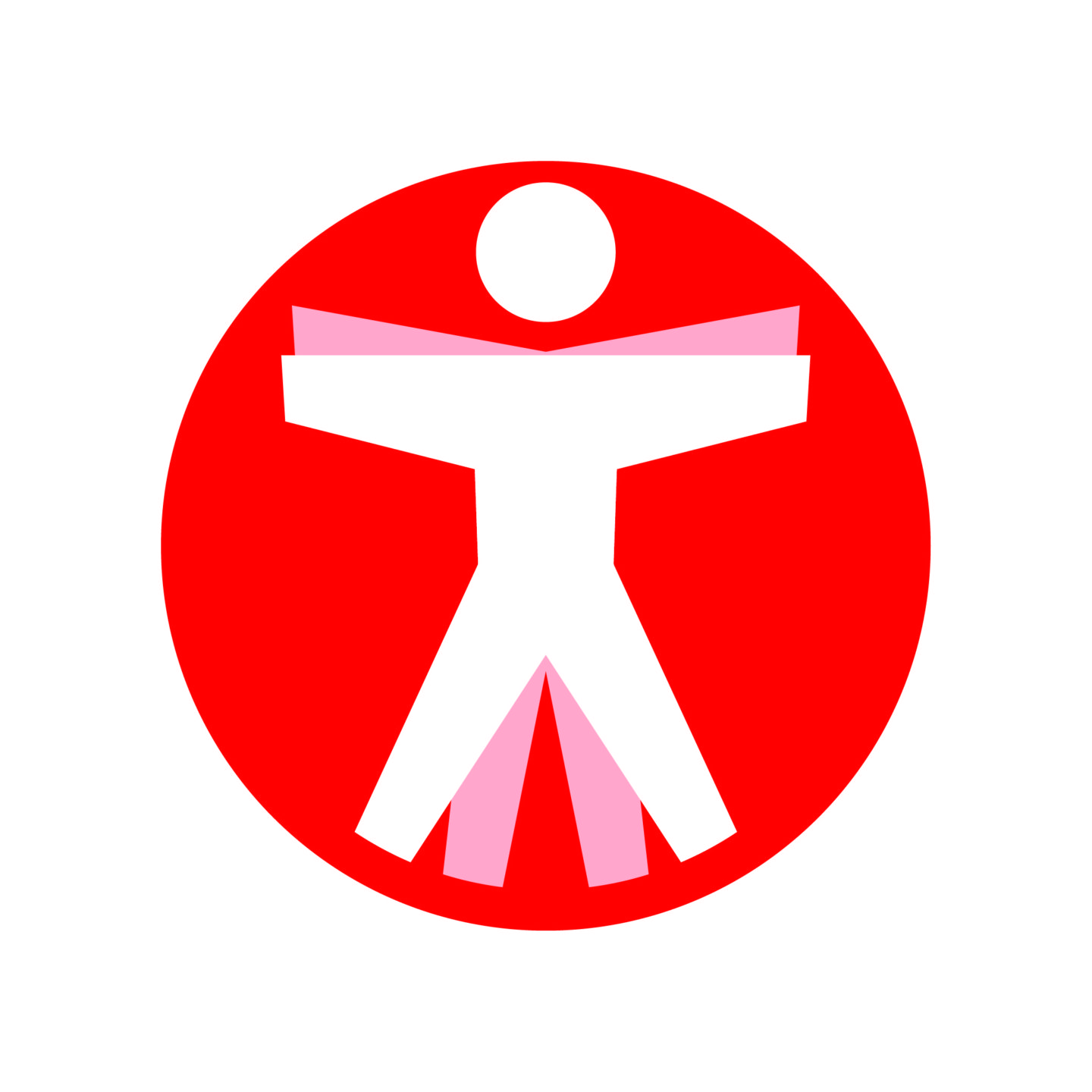How to cope with Covid-19 stress: 9 Mental Health tips
Mental Health
Crucial advice from psychologist Dr Chloe Paidoussis Mitchell about keeping yourself together during this difficult time.
The uncertainty and scale of the spread of the virus Covid-19 is a huge trigger for anxiety, stress, feelings of panic, fear and depression.
These triggers are real and it is really important that we share good practice during this time of unprecedented levels of stress to support and boost our Mental Health and strengthen our resilience.
So here are the top things you can do to steady your Mental Wellbeing through this crisis by Dr Chloe Paidoussis Mitchell, Chartered Counselling Psychologist.
-
Choose which sources you will receive information from
There are a lot of fake news stories out there and lots of spreading of misinformation regarding Covid-19. So it is important to remember that when and if you look at these sources you remind yourself that unless the source is peer reviewed by academics and experts it may be “massaging the data” to promote an agenda and a particular political point of view.
Also be aware of some of the dramatic language being used by the media to sensationalise and draw you in to the drama of it all. Words like victim, diseased etc are very negative and trigger fear in most of us.
Remind yourself that the news tends to focus on the negative and the shocking as it impacts global economies, health services and lifestyle. There is less emphasis on positively spinning unfolding stories – for example the number of people who are recovering, the positive stories of excellent health care available and the idea that collectively the human race can work together to get through this.
It is a hugely disrupting and distressing situation and the best way to get through it is to stay balanced in what information we internalise, what action we take and to appreciate that we have a choice in how sucked in we get into the narrative of dread and fear that is being peddled.
Your job is to stay informed and alert. The internet is a non regulated space so be aware of this when you use it as your source of information.
-
Set good boundaries
If you find the news too triggering, limit how often you listen to it.
At the moment we are bombarded from all channels (radio, tv, twitter, press) and although it is important to stay informed, you do not need to stay informed every hour of each day. So set boundaries in how often you attend to global news.
If you need to, limit the constant stream of news on your devices and set aside an hour every day to stay updated.
-
Maintain physically healthy routines
It is absolutely essential to continue embracing positive health behaviours to safeguard and promote good physical health.
This means eating healthily, drinking lots of water, sleeping well and making sure you do some exercise. This may be walking around the garden, doing some exercises in the house. Staying mobile and hydrated is really important to your health both physically and mentally.
If you are in self-isolation it is even more important to stay resourced like that and maintain your health.
Not only is all this good for your health it is sending a message of self care to your subconscious which will counter the constant flight or fight mode being activated.
-
Use digital technology to connect
Reach out and ask for support if you need it. Talk to your family. Your friends. Your therapist. You don’t need to go through this in literal isolation. Digital technology is a brilliant way to stay connected.
When we allow ourselves the opportunity to share what we worry about, what is triggered in us we can receive some validation and some support.
Be aware however that there is a big difference between venting and processing and just dumping.
If you need to dump your stress and triggers, do that in your journal not on other people who are also coping with this.
-
Take positive “self-care” action to reduce negative feelings and perceptions
If you need to get it out of your system that is normal. Get a journal and write down your stress. Acknowledge it. And accept it. Don’t judge yourself for it. Recognise what you can do about it. See how you are contributing to making the stress worse. Take positive action.
You can practice mindfulness, meditation and yoga to help you reduce the stress hormone.
You can use apps such as Calm and Headspace to help you reduce anxiety and stress.
You can connect to nature and ground yourself in the outdoors fresh air.
-
Counter fear with courage and positive action
As none of us can control what is going to happen, the only thing we can control is how we respond.
Our attitude is how we express our values, and how we reveal and turn up in the world.
It is apparent that almost everyone is affected by this. Either because they have older parents they are worried about or they themselves are in the high risk categories, many have underlying health conditions, or they have children who may have asthma and other health conditions. Work and income streams are being disrupted and travel and holiday plans are all uncertain. Schools are closed in many places in Europe and people are having to adapt to unprecedented economic and health limits. In some places, like Italy people are restricted from leaving their house and the possibility of this response extending to other countries is triggering and worrying for many.
It is normal to worry. It is normal to feel fear in response to such events.
What we must remember is that we can overcome fear with one emotion. Courage. We need to arm ourselves with that and take whatever action boosts this.
In response to such unexpected developments, all we can do is acknowledge our feelings, stay alert and informed, take good caution, use our common sense, and follow guidelines, and remind ourselves that whatever happens we can get through it; one small positive action after another.
-
Set up really good daily working practice routines
If you are in self isolation, good daily routines will be a useful scaffold to get through the day. Set your alarm. Set up times for work, for school work. Keep it in balance and stay focused on taking control of your time.
-
Return to the simple things in life
If we are all going to be advised to self isolate soon, we can return to the simple things in life. Enjoying a good book. A good film. A good piece of relaxing music. Watching the birds in the garden. Photography. Art. Craft. Poetry. Rapping. Singing. Dancing.
We can’t control events but we can control our response.
Prioritise whatever gives you calm and a little comfort.
It is all about how you frame it and recognise and appreciate that although events are very distressing, you have an opportunity now to slow down, to have time to invest in your learning, to take time to enjoy your home, your loved ones and to rest.
-
Shift your mindset to embrace the life lessons this time is presenting us with
As with all suffering, we can get through it when we realise the lessons it is personally teaching us. We all need to do our homework on that front.
Ask yourself – “What can I do to honour my values, serve my dignity and meet this new world with courage and optimism?”
I hope this helps us all a little.
Dr Chloe x

Sign up to our Shut-In Bulletin
Join our daily newsletter for expert advice on mental health matters and ways to help you through this crisis.
Trending

Join The Book of Man
Sign up to our daily newsletters to join the frontline of the revolution in masculinity.




















